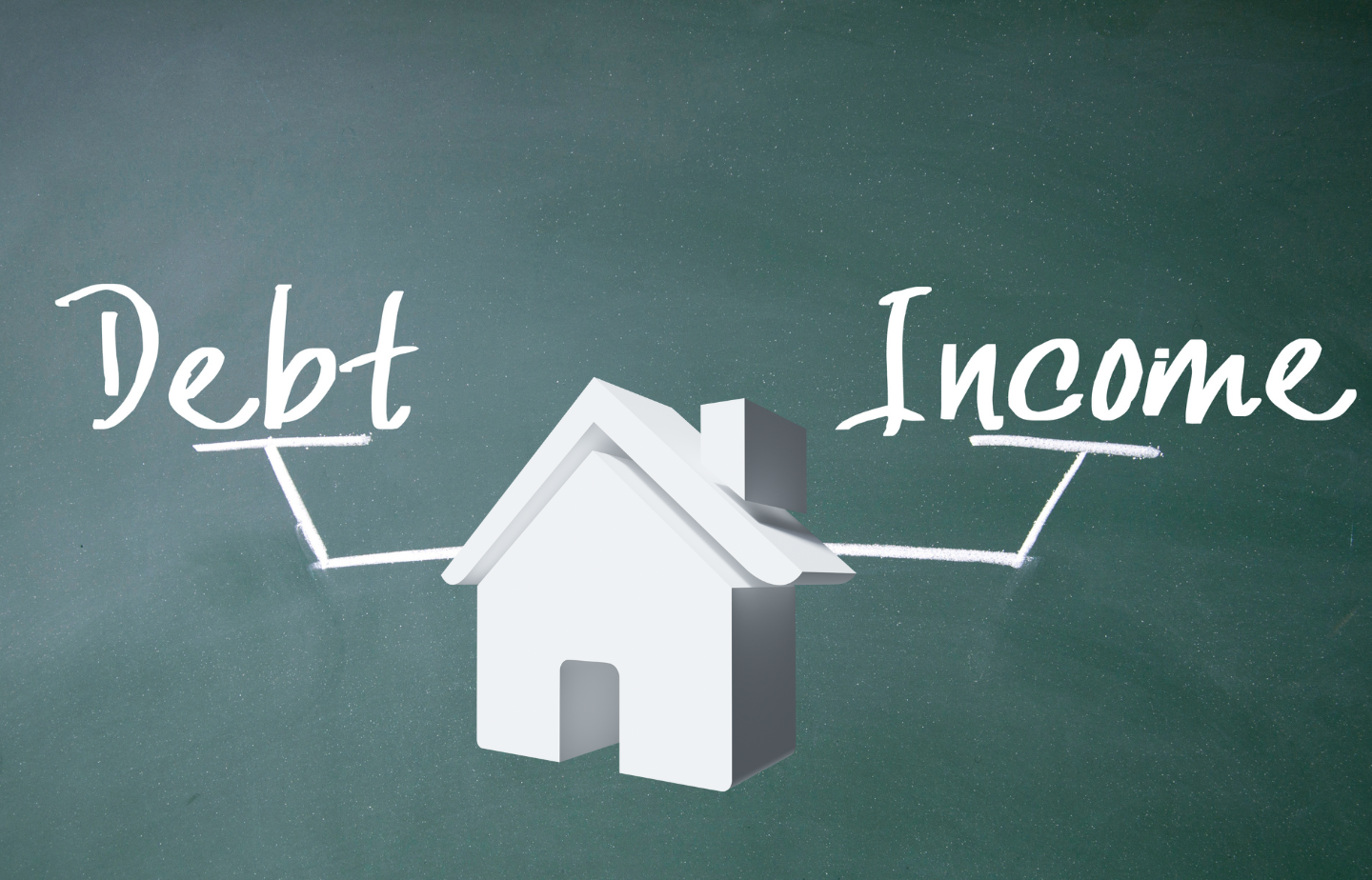Non-QM Home Loans: How Do They Work?
 There are a lot of people who dream of owning a home one day, but few people have the cash to purchase a home outright. Therefore, you will probably need to take out a loan to buy a house; however, what happens if you cannot qualify for a loan with the traditional loan requirements? If you are not a W2 employee, you may need to go with a Non-QM loan. What do you need to know?
There are a lot of people who dream of owning a home one day, but few people have the cash to purchase a home outright. Therefore, you will probably need to take out a loan to buy a house; however, what happens if you cannot qualify for a loan with the traditional loan requirements? If you are not a W2 employee, you may need to go with a Non-QM loan. What do you need to know?
What Is A Non-QM Loan?
A Non-QM loan is a non-qualified mortgage. What this means is that you do not meet the standard requirements to qualify for a mortgage. Some of the factors that you need to meet to qualify for a traditional mortgage include meeting the necessary income requirements, having pay stubs, having a debt-to-income ratio that satisfies the lender’s requirements, and taking out a mortgage that is 30 years or less. Your fees also cannot be more than 3 percent of the value of the loan. There is a common misconception that having a Non-QM loan is bad, but that is not the case. Everyone is in a different employment situation, and a Non-QM loan could be the right move for some people.
Why Take Out A Non-QM Loan?
There are a few reasons why you should consider taking out a Non-QM loan. First, they require less documentation than other mortgages, so you might not need to produce W2s or employment verification to qualify for a loan. You also may not have to meet strict credit score requirements. If your credit score is not the best, you can still take out a home loan with a Non-QM option.
Who Should Get A Non-QM Loan?
There are many people who should consider taking out a Non-QM loan. If you plan on applying for a home loan without proof of income, this might be the right option. Furthermore, if you are a freelancer, or if you are not a W-2 employee, this could be a solid choice. There are plenty of people who could benefit from this loan, and it is important to work with a professional who can help you.

 Are you currently house-hunting or plan to be in the near future? If you plan on using mortgage financing to pay for your home, you will soon discover that there’s no shortage of options available to you. You can meet with a local mortgage professional, apply for mortgages online and even download mobile apps that promise to set you up with a mortgage. However, is every option equal?
Are you currently house-hunting or plan to be in the near future? If you plan on using mortgage financing to pay for your home, you will soon discover that there’s no shortage of options available to you. You can meet with a local mortgage professional, apply for mortgages online and even download mobile apps that promise to set you up with a mortgage. However, is every option equal? When you apply for a mortgage, your lender will do some quick math to figure out how much of a loan you can afford. Your lender will consider many factors, and one of the most important ones is your debt-to-income ratio. It is usually shortened to DTI, and understanding this formula can help you better understand how big of a house you can afford.
When you apply for a mortgage, your lender will do some quick math to figure out how much of a loan you can afford. Your lender will consider many factors, and one of the most important ones is your debt-to-income ratio. It is usually shortened to DTI, and understanding this formula can help you better understand how big of a house you can afford.